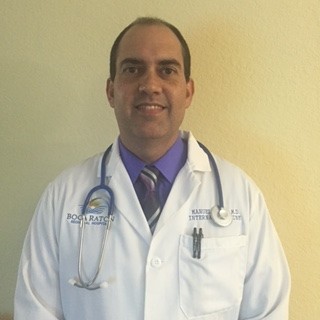
Dr Manuel Abreu: The Impact of High Blood Pressure on Heart Health
Often known as the ‘silent killer,’ high blood pressure disguises itself well, symptomless until it starts taking a toll on the heart. For that, Dr Manuel Abreu will discuss how and why high blood pressure affects heart health, and why it’s crucial to keep it under control.
Cardiac Overload: The Burden of High Blood Pressure
Your heart must work harder when the pressure in your arteries is high. Over time, this extra effort can lead to hypertrophy, a condition where the heart muscles enlarge and thicken, making them less efficient at pumping blood.
High Blood Pressure and Heart Failure
The heart’s pumping power diminishes as Dr Manuel Abreu it struggles to work against persistent high pressure. Ultimately, heart failure, where the heart cannot pump enough blood to meet the body’s needs, may develop.
High Blood Pressure and Coronary Artery Disease
High blood pressure damages arteries, leading to the development of coronary artery disease — a condition where fatty deposits build up in the arteries supplying blood to the heart. This can significantly reduce blood flow, causing chest pain, heart rhythm issues, and even a heart attack.
High Blood Pressure: A Stroke Catalyst
The pressure can also cause a rupture in blood vessels leading to or in the brain, which results in a stroke. This can have cascading effects on heart health.
Aortic Aneurysms and High Blood Pressure
High blood pressure can cause the main artery carrying blood from the heart, the aorta, to dilate excessively and form an aneurysm—a potentially fatal condition if it ruptures.
The Heart Beat Skip: Arrhythmias due to High Blood Pressure
Arrhythmias, or irregular heartbeats, can result from high blood pressure. These rhythm disturbances can lead to a variety of adverse cardiovascular outcomes.
Calming the Pressure Storm: The Heart-Healthy Path
A Dr Manuel Abreu balanced diet, regular exercise, moderate alcohol consumption, non-smoking, and stress management are key to maintaining healthy blood pressure. Importantly, regular check-ups enable early detection of high blood pressure, allowing you to manage it effectively before it affects your heart.